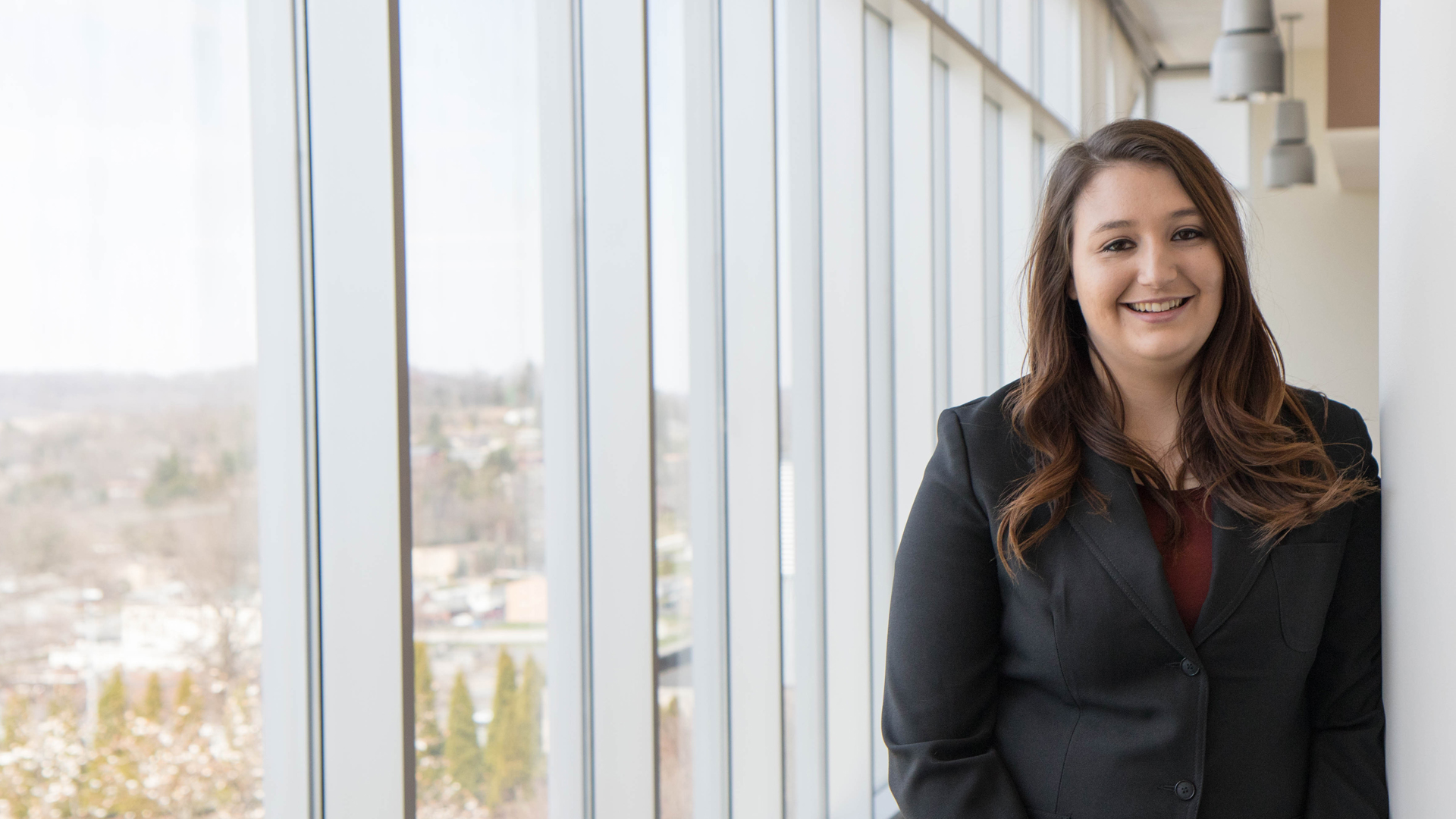Cell & Molecular Biology and Biomedical Engineering (CBTP) T32 Training Program Hosts Scholarly Publishing Expert
On April 9th the CBTP T32 hosted Darla Henderson, PhD, the Director of Publishing and also Director of Open Science and Research Integrity at The Federation of American Societies for Experimental Biology (FASEB). Established in 1912, FASEB originated from a handful of committed scientists aiming to establish a platform for educational gatherings, create publications, and share findings from biological research. Evolving into the largest biomedical coalition in the country, FASEB stands as the authoritative advocacy body for biological and biomedical researchers.
Dr. Henderson functions as the central figure at FASEB overseeing business operations and guiding initiatives in open science, research integrity, and collaborative partnerships. Together with FASEB’s science policy team, she played a pivotal role in crafting a comprehensive response aligning with scientific priorities to the 2023 US federal agency public access policy proposals. Her responsibilities include spearheading the transition of the flagship journal to fully open access, implementing measures to enhance the rigor and reproducibility of research methodologies, and providing guidance on FASEB DataWorks!, a suite of programs aimed at fostering cultural shifts in research practices, backed by a $500K prize pool from the National Institutes of Health to incentivize data sharing and reuse among researchers. Henderson holds a Ph.D. in Biological Chemistry from Duke University. Her contributions to scholarly publishing under her purview have garnered recognition through numerous awards from PROSE, PSP, and ACS.
Dr. Henderson presented two talks: “AI in Publishing and Peer Review” and “Where the Career Path Leads.” Graduate student Misa Shaw is a PhD Candidate in Clinical & Translational Science here at the HSC and also an NIH Cell & Molecular Biology and Biomedical Engineering T32 Fellow. She had this to say about the presentations: “Being a graduate student, I skim through an enormous volume of information daily. Dr. Darla Henderson has reminded me of the significance of engaging with information in as many ways as possible to gain a deeper understanding.” Dr. Henderson's presentations this month were greatly appreciated by both the CBTP T32 program and graduate students. The ongoing commitment of these programs is to consistently facilitate events of this nature, promoting enhanced comprehension across diverse scientific domains.
Highlighting Two Former T32 Students
The Training Tribune is highlighting two students who are wrapping up their graduate degrees and who also participated on funded T32 training programs. Hillary Pratt was both a scholar and trainee in the Cell & Molecular Biology and Biomedical Engineering (CBTP) program, and Bailey Whitehead was both a scholar and trainee in the Stroke and Its Alzheimer’s Disease-Related Dementias (ADRD) program. Both students just recently successfully defended their dissertations. Congratulations!
Hillary is originally from Carmichaels, PA and received her BA in Chemistry in 2017 from Washington & Jefferson College. She then entered the MD/PhD program here at WVU, where she followed through with studying for her PhD in Cancer Cell Biology. She reflects on her time in the CBTP program: “The T32 was instrumental to my success as a graduate student, and I particularly enjoyed the update meetings with my colleagues from other PhD programs. It was a great way to gain insights into the newest technologies and ongoing research in other fields. The scientific discussions with my colleagues were invaluable to my development as a scientist.” We wish Hillary the best of luck as she moves forward with her career.
Bailey is originally from Sterling Heights, MI. He obtained his BS in Neuroscience and Psychology at Central Michigan University before joining WVU to complete his graduate degree in Neuroscience. Bailey also appreciated his time within the T32 training environment: "I am grateful to have had my time at WVU highlighted by an appointment in the T32 community. This gave me an extra sense of belonging and community throughout the pandemic and as I grew in the BMS research program. The experience was also instrumental in helping me to develop my presentation skills and deepen my interest and knowledge in the stroke field that I will be continuing to pursue in my future postdoctoral research."
We also wish Bailey a bright future career, and hope both students will keep in touch with the WVU and T32 training communities. We enjoyed watching them grow and learn both in the Biomedical Sciences, but also within the T32 training environment.
National Institute of General Medical Sciences (NIGMS) T32 program (T32 GM133369)
